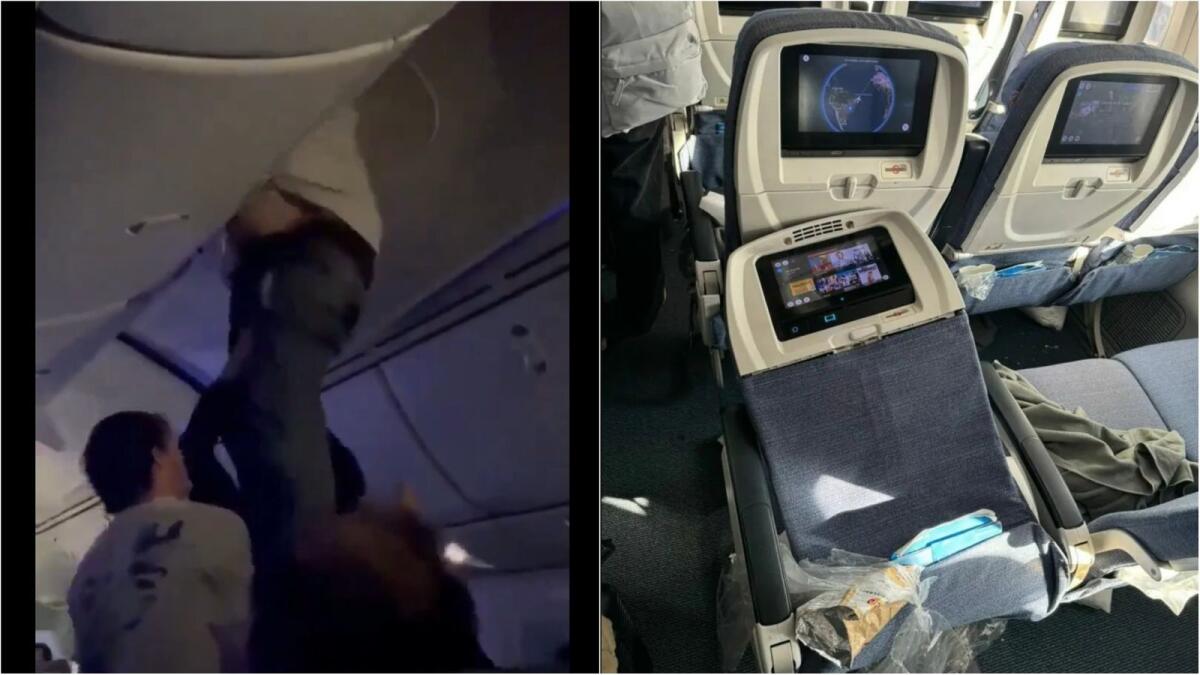An Air Europa flight headed from Madrid to Montevideo, Uruguay, was diverted to a Brazilian airport after experiencing severe turbulence that resulted in 40 passengers sustaining minor injuries. The Boeing 787-9 Dreamliner had 325 people on board and was diverted to Natal, Brazil, where ambulances were waiting. The injured passengers, coming from various nationalities including Spain, Argentina, Uruguay, Israel, Bolivia, and Germany, were taken to hospitals and clinics in Natal for treatment.
The Health Secretariat of Brazil’s Rio Grande do Norte state stated that 11 passengers remained hospitalized in Monsenhor Walfredo Gurgel hospital, with the rest being treated and released for abrasions and minor traumas. Air Europa mentioned that a plane was being sent from Madrid to collect the passengers while the stricken Boeing is examined for damage in Natal. The company planned to transfer the passengers to Recife before continuing their journey to Montevideo, Uruguay.
Reports from passengers indicated that the turbulence was very strong, resulting in injuries for several people, while some were spared due to wearing seat belts. Images shared by a passenger showed broken ceiling panels, exposed pipes, and wires inside the aircraft, with emergency vehicles waiting on the tarmac. This incident is the latest in a series of turbulence-related injuries on flights, highlighting the importance of wearing seat belts during flights to prevent injuries.
Air safety experts caution that passengers often overlook the importance of wearing seat belts during flights, leaving them vulnerable to injuries during unexpected turbulence. Scientists attribute the increasing severity of clear air turbulence, which is invisible to radar, to climate change. Studies have shown a significant increase in the duration and severity of clear air turbulence over the years, posing a risk to passengers and aircraft safety.
The incident involving an Air Europa flight adds to the scrutiny facing Boeing amid safety concerns following previous catastrophic events, including two fatal crashes involving the 737 MAX. The manufacturer has faced criticism over its safety and manufacturing standards, leading to the departure of CEO Dave Calhoun in 2023. The aviation industry continues to prioritize safety measures and protocols to address potential risks and ensure the well-being of passengers and crew on board.









